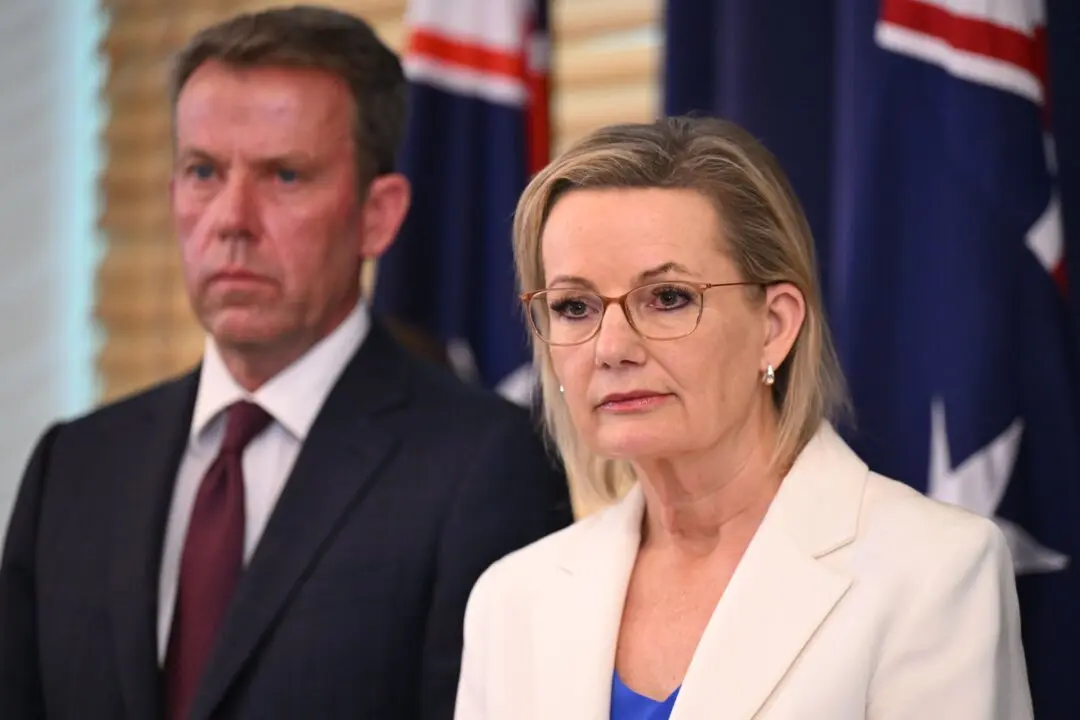Embattled Solomon Islands Prime Minister Manasseh Sogavare has sought to justify a contentious security deal with Beijing, saying his government did not react “hysterically” to the AUKUS deal when it was announced.
Solomons Prime Minister Manasseh Sogavare has faced scrutiny and pressure over a security pact with the Chinese Communist Party (CCP) that could lead to troops and weapons being stationed in the region.





